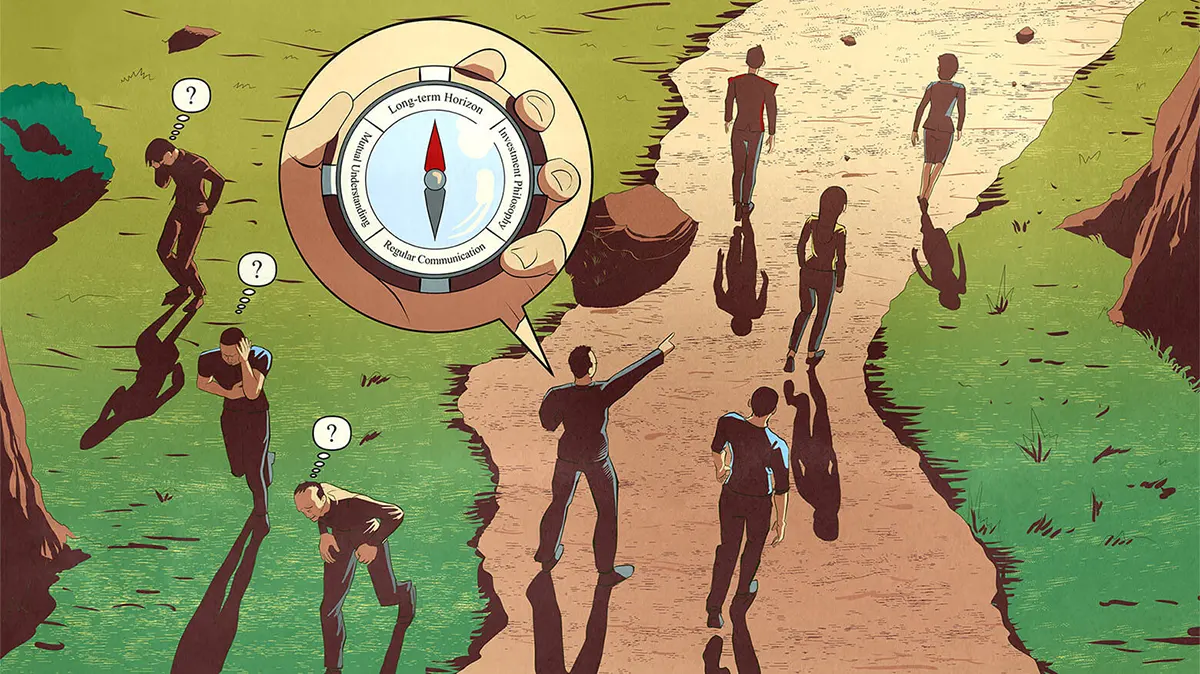It is amazing what companies will do to cut costs during recession. We know that demand for oil will decline during a global economic slowdown. Basically, global consumption of goods decline, fewer goods manufactured, and fewer ships are needed to cross the Atlantic. Simply, less petrochemicals used. Today’s article in the WSJ discusses how Maersk a large shipping company is trying to save $1 billion a year.
“Eugen Maersk has left Rotterdam, the Netherlands, on the tail end of a journey from Shanghai. But the giant freighter is cruising at 10 knots, well shy of her 26-knot top speed… At about half speed, fuel consumption drops to 100-150 tons of fuel a day from 350 tons, saving as much as $5,000 an hour.”
I am sure this strategy was unthinkable only a year ago, consumers wanted goods and wanted them NOW. But now that inventories are piling up, car companies are probably finding it cheaper and safer to store cars on slow moving ship than in ports or parking lots.
This is just one, though very large, company trying to survive in a very tough environment. Imagine what other companies worldwide are doing to survive. The point: oil consumption may drop a lot more than we may expect.









0 comments